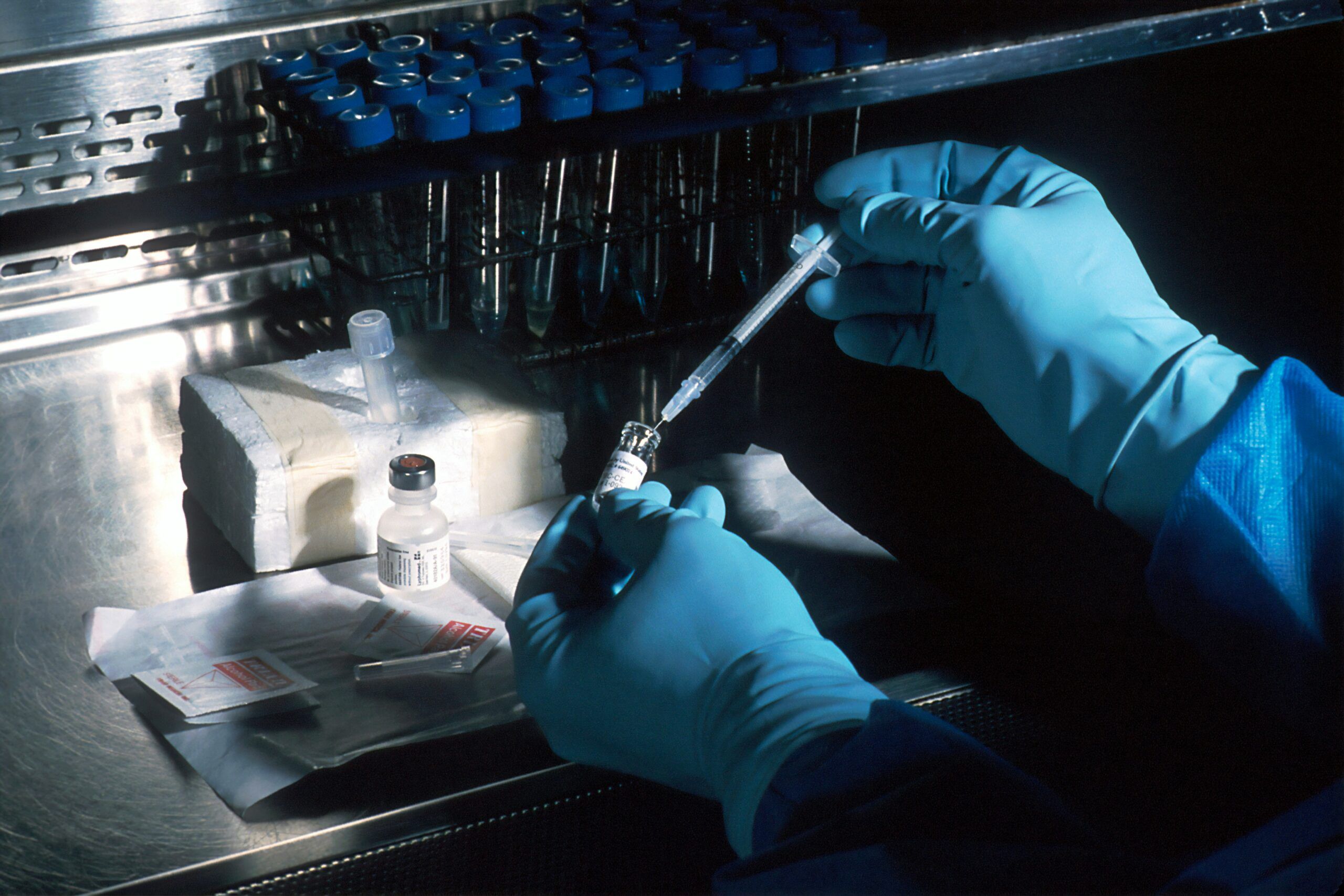Services of experts and private investigators
-
In-depth file analysis
-
Discreet surveillance
-
Undercover infiltration as double agents
-
Strategic witness interviews
-
Thorough preparation of witnesses for testimony
-
And much more
Expert services
In some cases, legal analysis alone is not enough. Specific expertise may be necessary to develop the most complete and robust defense possible. For example, when the prosecution files a technical expert report to prove a criminal offense, it is essential that this analysis be reviewed and challenged by our own experts. This ensures not only effective cross-examination but also the production, if necessary, of a counter-expert report to invalidate or challenge the prosecution’s conclusions.
Sometimes, complementary expertise can also be used to challenge the opposing party’s theory or demonstrate our clients’ innocence. Thanks to our network of qualified experts, we provide comprehensive defense, supported by thorough analyses and reliable evidence, ensuring our clients receive the best possible representation.
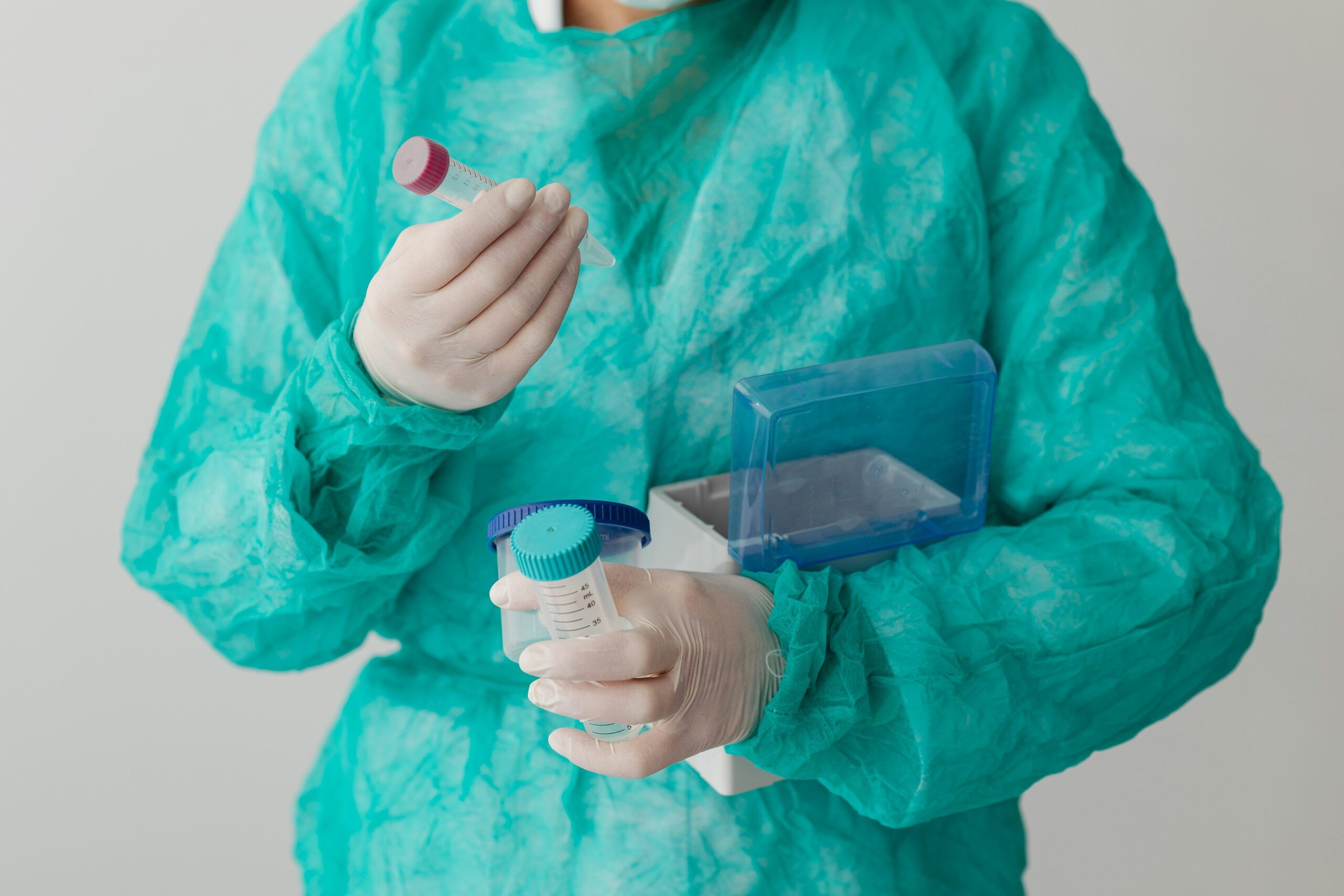
Toxicology
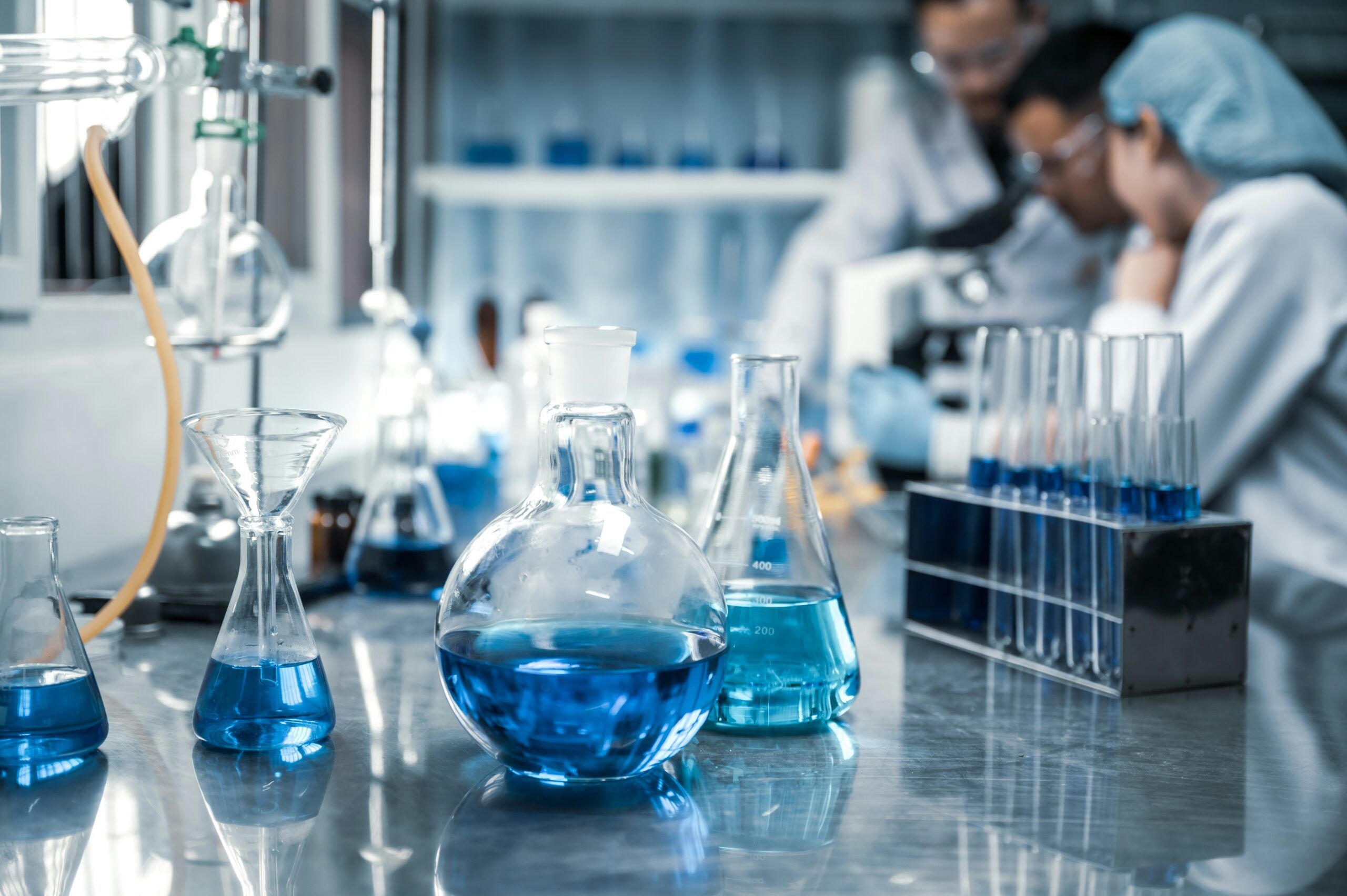
Chemistry
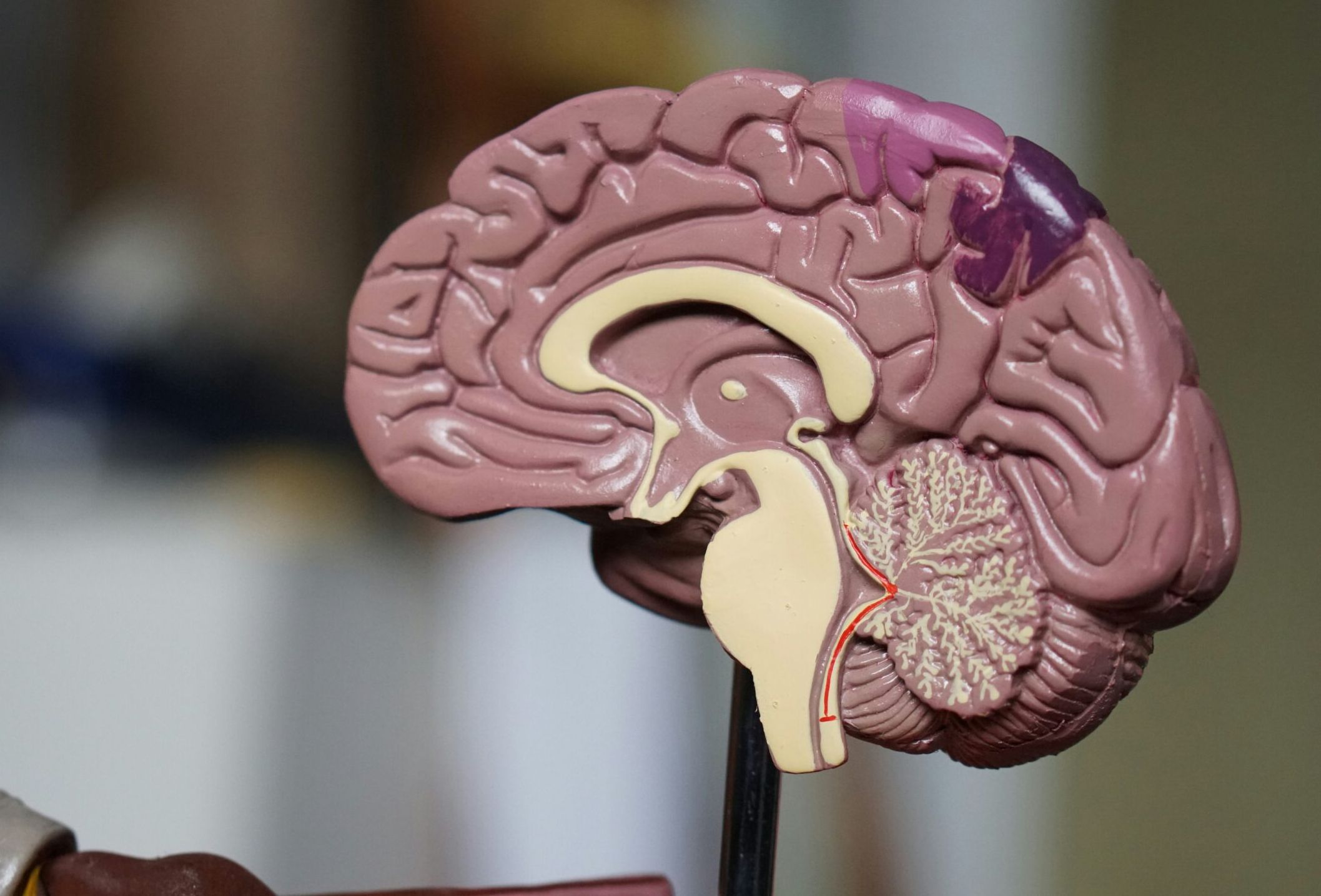
Psychology
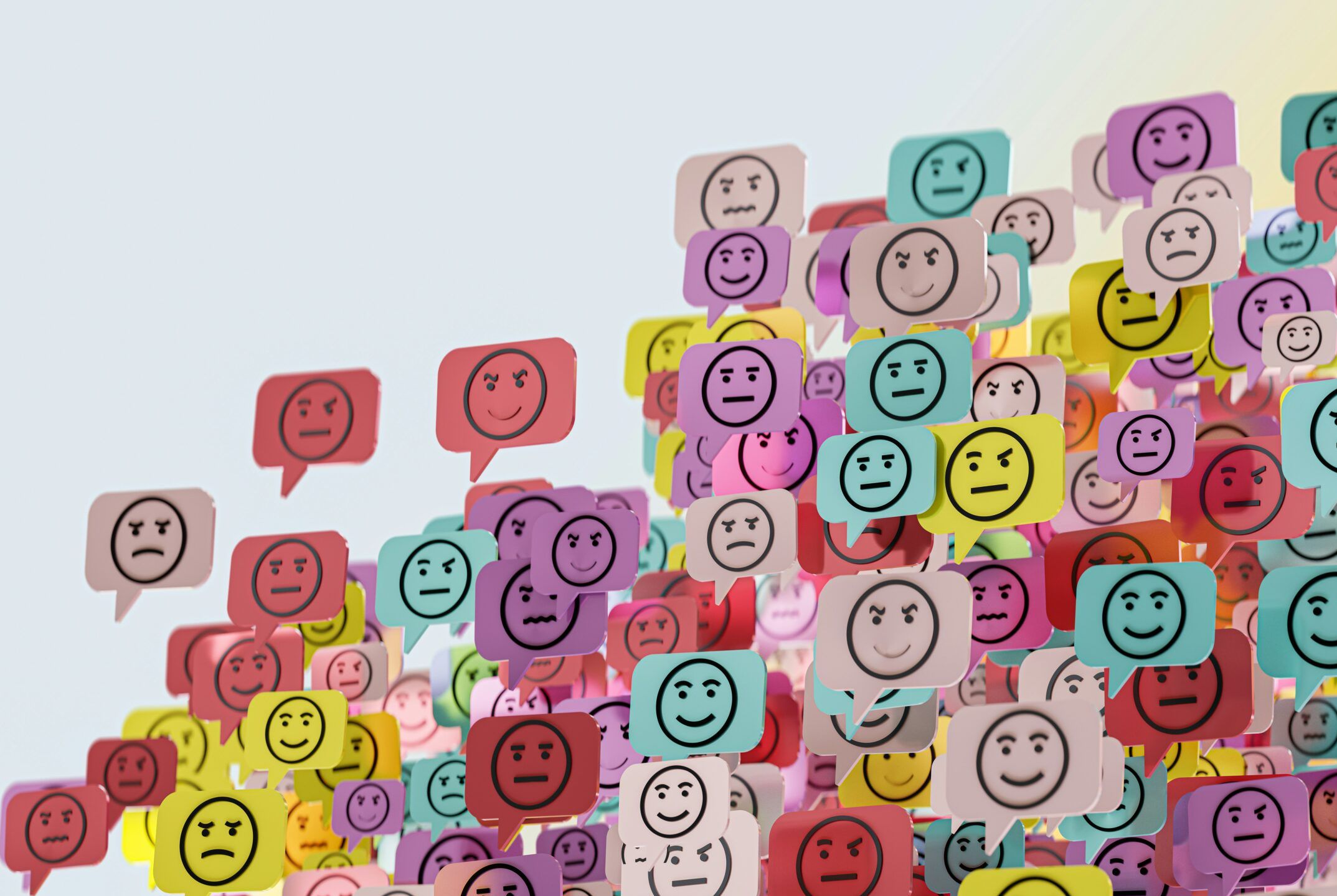
Psychiatry
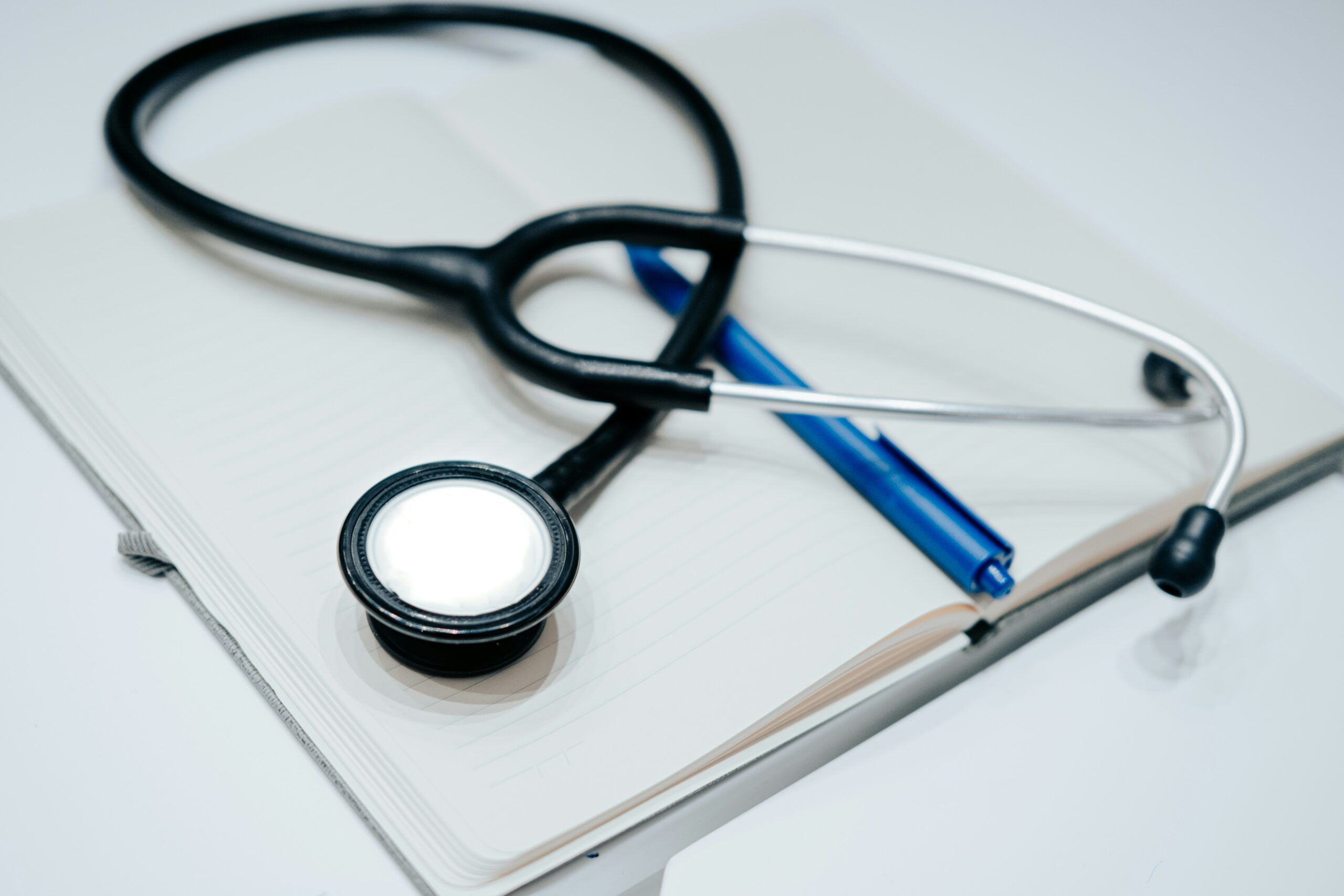
General medicine
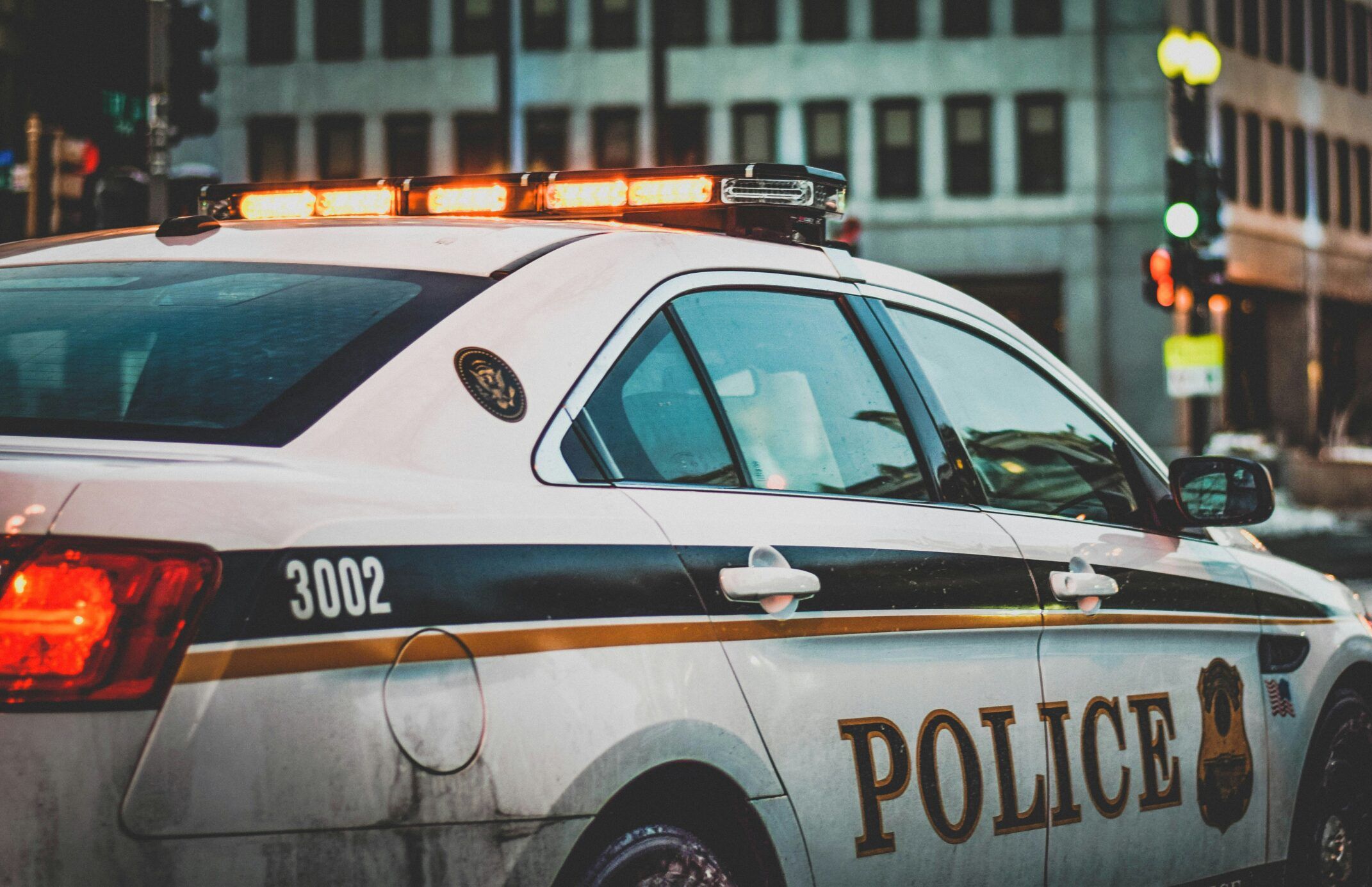
Former police officer
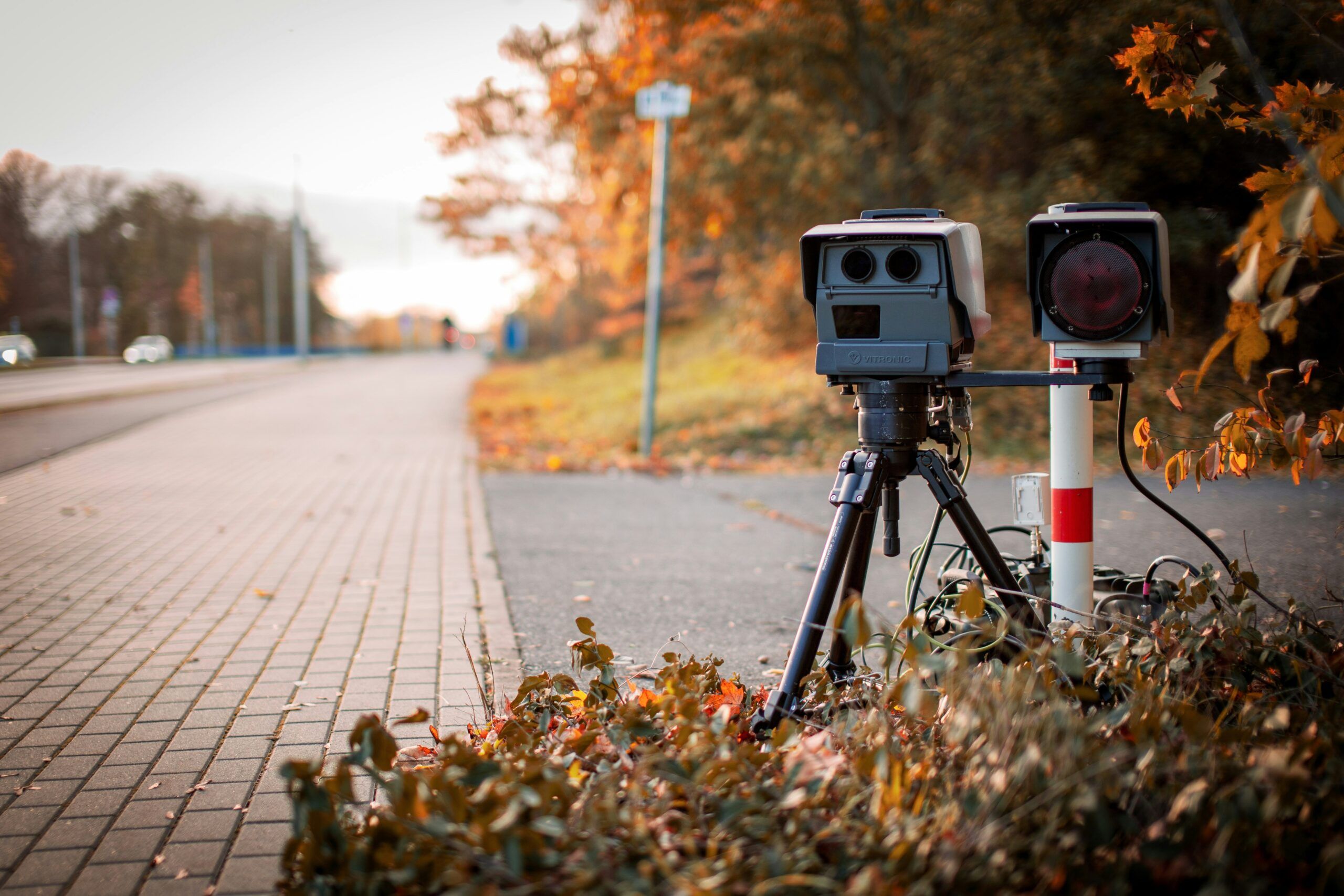
Speed radar operator (radar and laser)

Polygraph examiner

Handwriting analysis
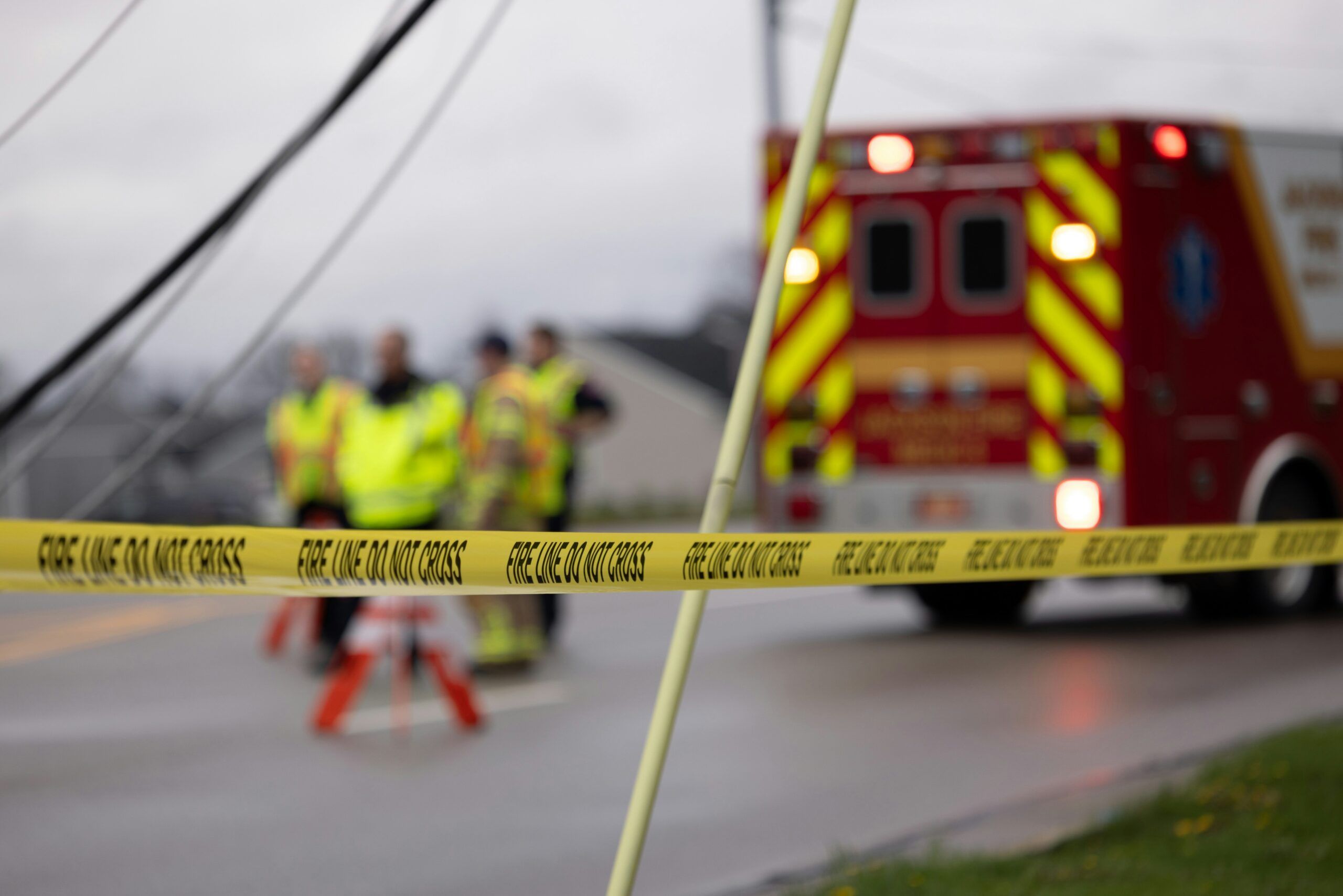
Accident scene reconstruction
